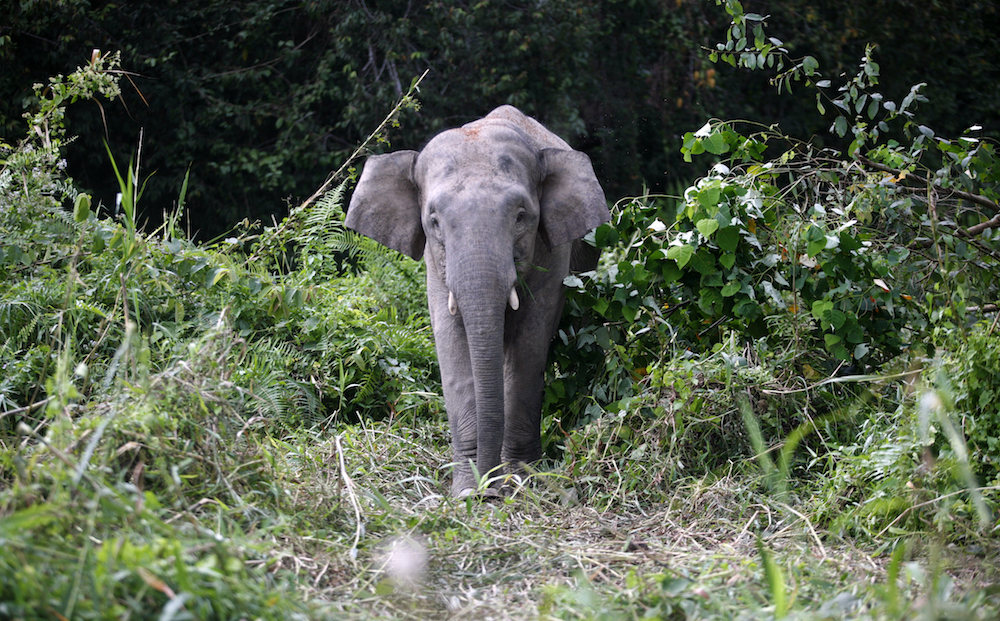LAHAD DATU, Feb 13 — Five elephant deaths have been reported in Sabah so far this year, with the latest involving an adult female elephant in Bagahak here yesterday.
Sabah Deputy Chief Minister Datuk Christina Liew said a post-mortem to ascertain the cause of death was conducted on the same day.
“The other four cases involved one adult female, one adult male, a young baby elephant and a two-year-old young male within the districts of Kinabatangan,” she said in a statement here today.
Liew, who is also Sabah Minister of Tourism, Culture and Environment, said although most of these deaths point towards suspected poisoning which could be intentional or unintentional, no conclusive results could be recovered from the previous toxicology analysis.
“The Sabah Wildlife Department is now working feverishly to send these tissue samples for a more in-depth and broad-spectrum toxicology analysis within Malaysia and abroad to try to find out the source of the toxin.
“This will cost the Sabah government quite a lot but we will leave no stone unturned in our quest to solve the cause of deaths of the poor elephants,” she added.
Saying that the human-elephant conflict is not confined just to Sabah, Liew noted that in fact, such conflicts are much more severe throughout the Asian Elephant range countries.
“Take Sri Lanka for instance. In 2019 alone, there were 361 elephant deaths and more than 100 people were killed in the incidence of human-elephant conflict in the same period, compared with Sabah that had 150 elephant deaths from 2010 to 2019 and only four human deaths in that 10-year period.
“It just goes to show that although we are experiencing quite serious instances of elephant deaths as a result of the conflict, the situation in Sabah is still under control,” she said.
Liew attributed this to the cooperation of all parties involved in the conflict as they are equally concerned for the plight of the elephants.
“In Sabah, there is close working relationship with conservation non-governmental organisations (NGOs) and plantation industries in efforts to minimise the human-elephant conflict as much as possible; besides, it is very important to hear the advice and inputs from not only NGOs but also from the local communities in solving the conflict in some of our districts,” Liew added.
Liew said the Sabah government takes elephant conservation as one of its top priorities and yesterday the state cabinet tabled and passed the 10-year Bornean Elephant Action Plan (2020-2029) which further enhances the protection and conservation of the Bornean elephants in Sabah.
“All concerned citizens are, therefore, responsible for making sure that the deaths of elephants for whatever reason be kept to the very minimum level while we still strive for zero death,” Liew concluded. — Bernama



















